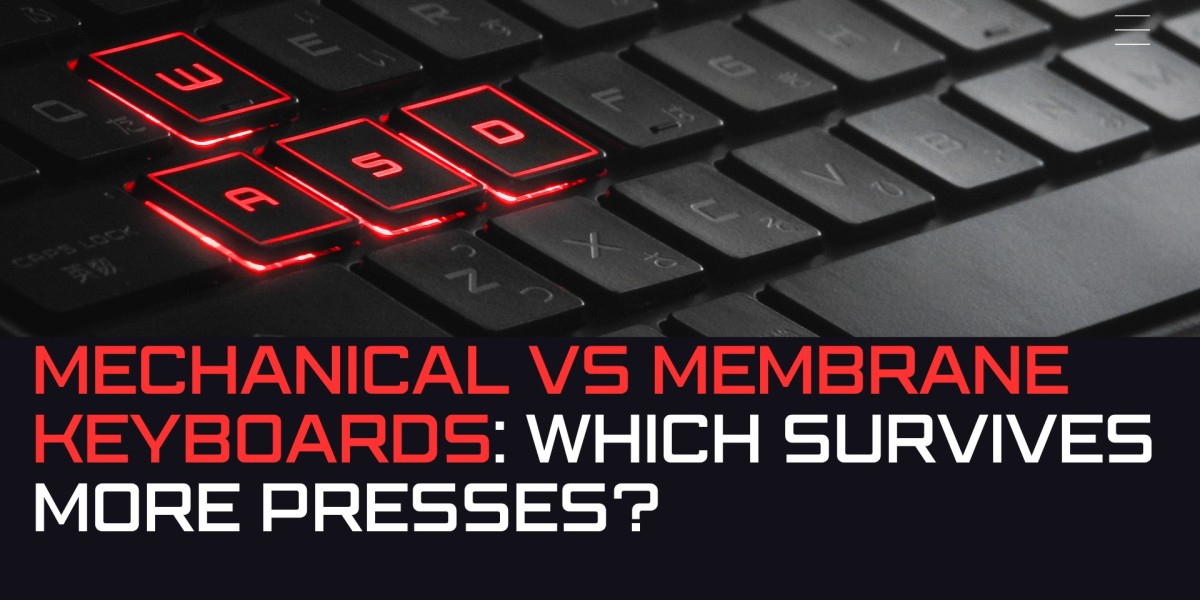In today’s competitive world, trust, quality, and compliance are key to building a successful business. Whether you run a small company or a large enterprise in Kolkata, getting ISO Certification in Kolkata can help you stand out and gain more trust from customers, partners, and stakeholders. In a city as vibrant and business-driven as Kolkata, organizations across every industry, from IT and manufacturing to food processing and healthcare, are continuously working to build credibility, improve their systems, and stay competitive in the market. One of the most effective and globally recognized ways to achieve these goals is through ISO Certification.
Why Businesses in Kolkata Choose ISO Certification
Kolkata is one of India’s most dynamic cities with a strong presence in industries like manufacturing, IT services, food processing, healthcare, construction, and education.
Build trust - Partners and customers want quality, safety, and reliability. ISO Certification shows that your business follows international standards and is committed to delivering consistent and trustworthy services or products.
Improve business processes- ISO Standard helps you organize your processes, reduce waste, and work more efficiently. This leads to better internal control, fewer errors, and increased productivity.
Stand out in a competitive market - Many businesses operating in similar industries, ISO Certification sets you apart. It sends a message that you care about quality, compliance, and customer satisfaction.
Enhance reputation - Being ISO Certified improves your professional image in the eyes of customers, investors, and business partners. It shows you are serious about quality and continuous improvement.
Most popular ISO Standard in Kolkata
ISO 9001 Quality management system- This standard helps businesses improve their product and service quality, enhance customer satisfaction, and streamline internal operations.
ISO 14001 Environmental management system - This standard supports sustainable practices by helping businesses manage their environmental impact, reduce waste, and comply with environmental laws.
ISO 45001 Occupational health and safety management system- This standard focuses on creating a safe and healthy workplace. It helps reduce incidents and meets legal safety requirements, and improves employee well-being.
ISO/IEC 27001 Information security management system - This standard helps protect sensitive data from breaches, cyber threats, and unauthorized access. It’s important for IT Companies and businesses handling digital information.
Industries in Kolkata that benefit from the ISO Standard
Manufacturing Industry- Manufacturers in Kolkata use ISO Certification, like ISO 9001 Quality management system, ISO 14001 Environmental management system, and ISO 45001 Health and safety management system to improve product quality, reduce waste, ensure worker safety, and meet export requirements.
Educational sector - Educational institutes such as schools, colleges, and training centers in Kolkata increasingly adopt ISO 21001 OR ISO 9001 Certification. These help improve the management of educational services, enhance the quality of teaching, and ensure better student outcomes while maintaining operational transparency and consistency.
Food Processing Industry - The food processing sector in Kolkata, especially packaged foods and exports, relies on ISO 22000 Certification to ensure food safety and hygiene throughout the supply chain. This certification helps companies meet national and international food safety standards, and it is essential for gaining customer trust and expanding globally.
IT Industry- Kolkata’s IT Sector offers a wide range of services, including software development, IT consulting, business process outsourcing(BPO), and IT-enabled services. For these companies, ISO/IEC27001 Certification is highly valuable. It ensures strong data security, builds client trust, and enhances the company’s global reputation when working with International clients and partners.
Why choose us?
If you are looking for a reliable ISO Certification service in Kolkata. We are here to help you. SQC Certification is here to help you every step of the way. Our expert teams provide complete end-to-end support from documentation and training to audits and successful certification.
Our Services
ISO 9001:2015 – Quality Management System
ISO 14001:2015 – Environmental Management System
ISO 45001:2018 – Occupational Health and Safety Management System
ISO/IEC 27001:2022 – Information Security Management System
Contact us
Visit our website www.sqccertification.com
Call us now at 9910340648
Email- info@sqccertification.com
Social Media Links








